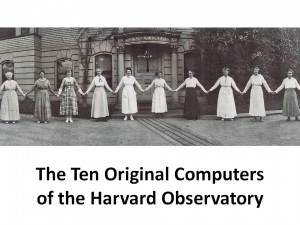
Loch K. Johnson
5.0 out of 5 stars Missed Opportunities
April 8, 2011
Retired Reader (New Mexico) – See all my reviews (TOP 1000 REVIEWER)
This book The Threat on the Horizon: An Inside Account of America's Search for Security after the Cold War offers a detailed account of the creation and workings of the now nearly forgotten Aspin-Brown Commission on Intelligence Reform (1995-1996). Its author, Loch Johnson, is a recognized authority on intelligence issues and was on the Commission's staff. This book is in part the result of a promise Johnson made to the Commission's original head, Les Aspin before his death.
Some would dismiss this book as concerning a forgotten footnote in the history of the U.S. Intelligence Community (IC), but this would be a mistake. This book actually provides a detailed chronicle of the only real effort to introduce comprehensive reform in the IC prior to the 9/11 tragedy. It also explains in some detail why these reforms proved ineffective. Perhaps unintentionally, the book also provides an excellent picture of the structure and culture of the IC principals (CIA, DIA, NGA, and NSA) as well as the National Reconnaissance Office (NRO) immediately after the end Cold War. The problems of the IC principals in the mid-1990's do much to explain the problems that beset them today and offer a cautionary tale about intelligence reform.
The story of this Commission's efforts to seriously reform the IC demonstrates how by its composition and approach the Commission was more or less bound to fail. Its final recommendations were superficial and would have done nothing to change the moribund cultures and direction of the IC principals even if they had actually been enacted. Indeed as occurred with intelligence reforms recommended by the 9/11 Commission Report which were for the most part enacted, their lack of substance would have made them ineffective.
Johnson attributes much of the problems with the Aspin-Brown Commission to the untimely death of Les Aspin in 1995. He has a point; Aspin was willing to invest a good deal of himself in the search for intelligence reform and clearly took the matter very seriously. This attitude was reflected in the way the Commission's Staff went about the detailed work need for the Commission to be effective and in the way Commission itself went about fact gathering. Aspin's successor Harold Brown was as brilliant as Aspin, but clearly did not take the Commission's work as seriously.
By any standards this book is a very important one for those interested in reform of the U.S. Intelligence System and the reasons why such reform has always failed.

See Also:









